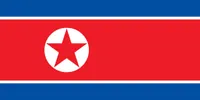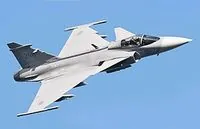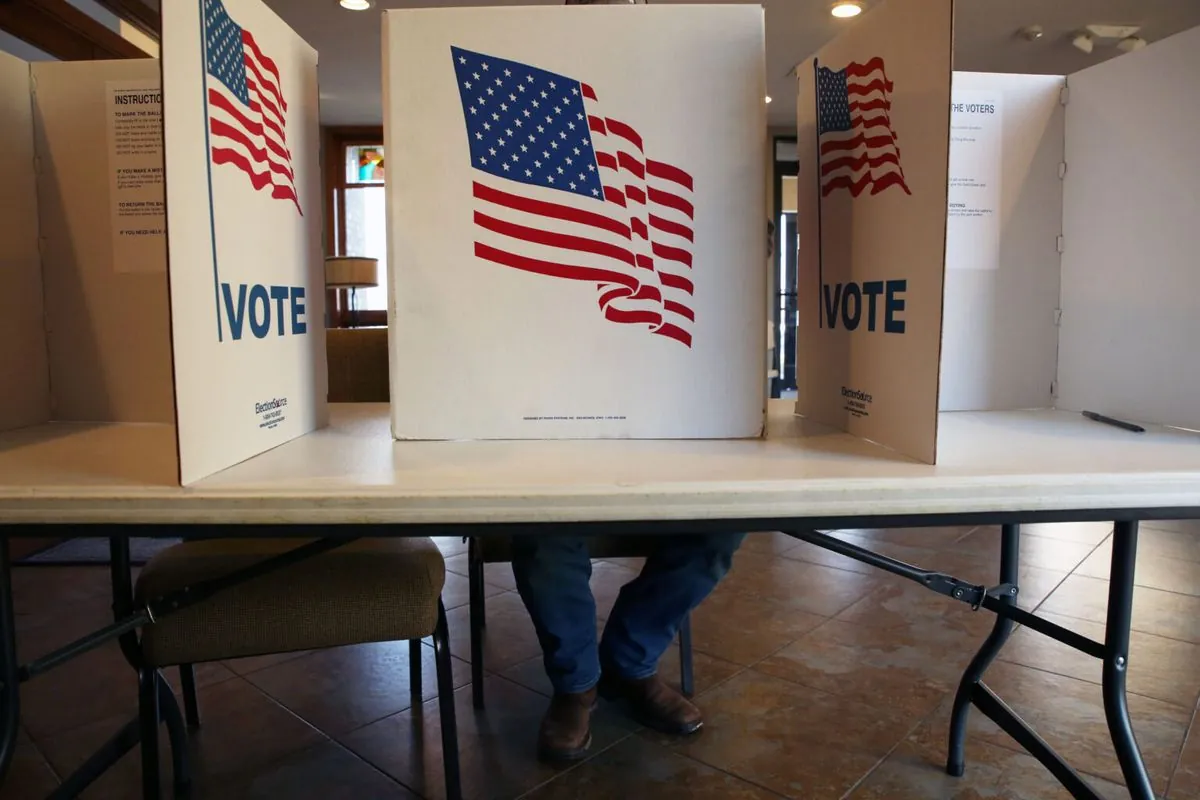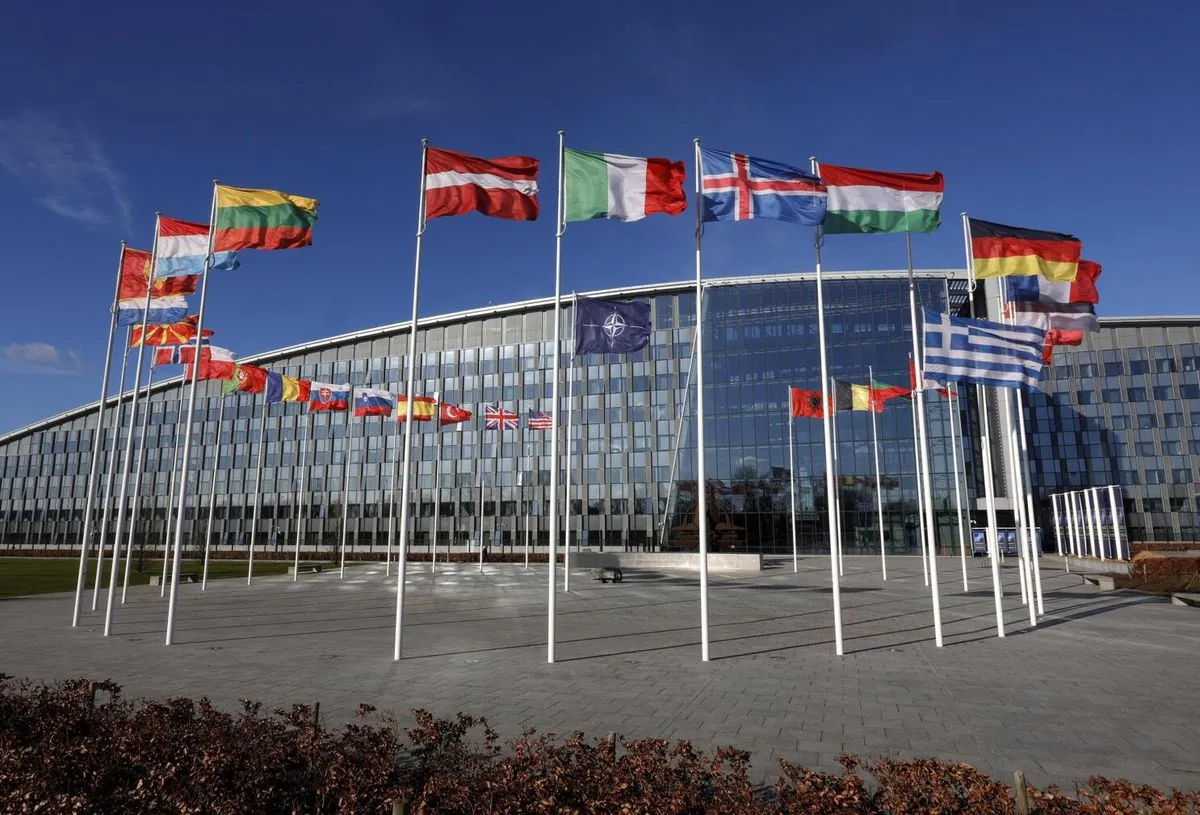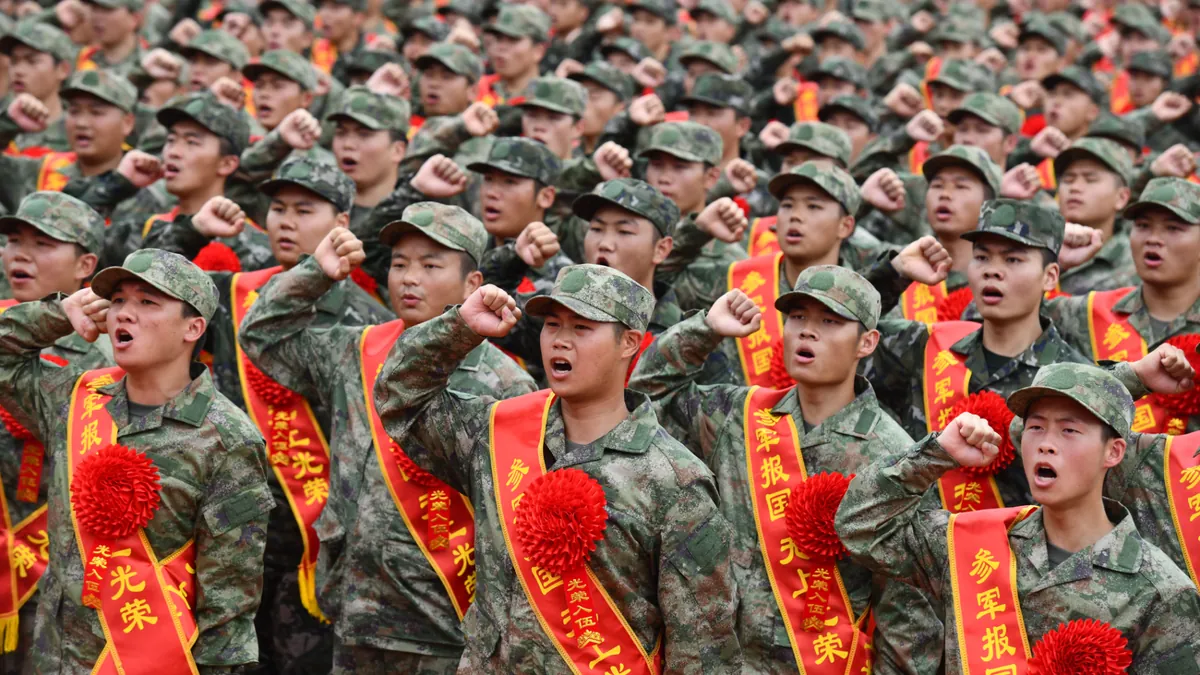Russia's Digital Offensive: Ruwiki and the Threat of Splinternet
Russia launches Ruwiki, a state-controlled alternative to Wikipedia, raising concerns about digital fragmentation and historical revisionism. This move exemplifies the growing trend of "splinternet" globally.
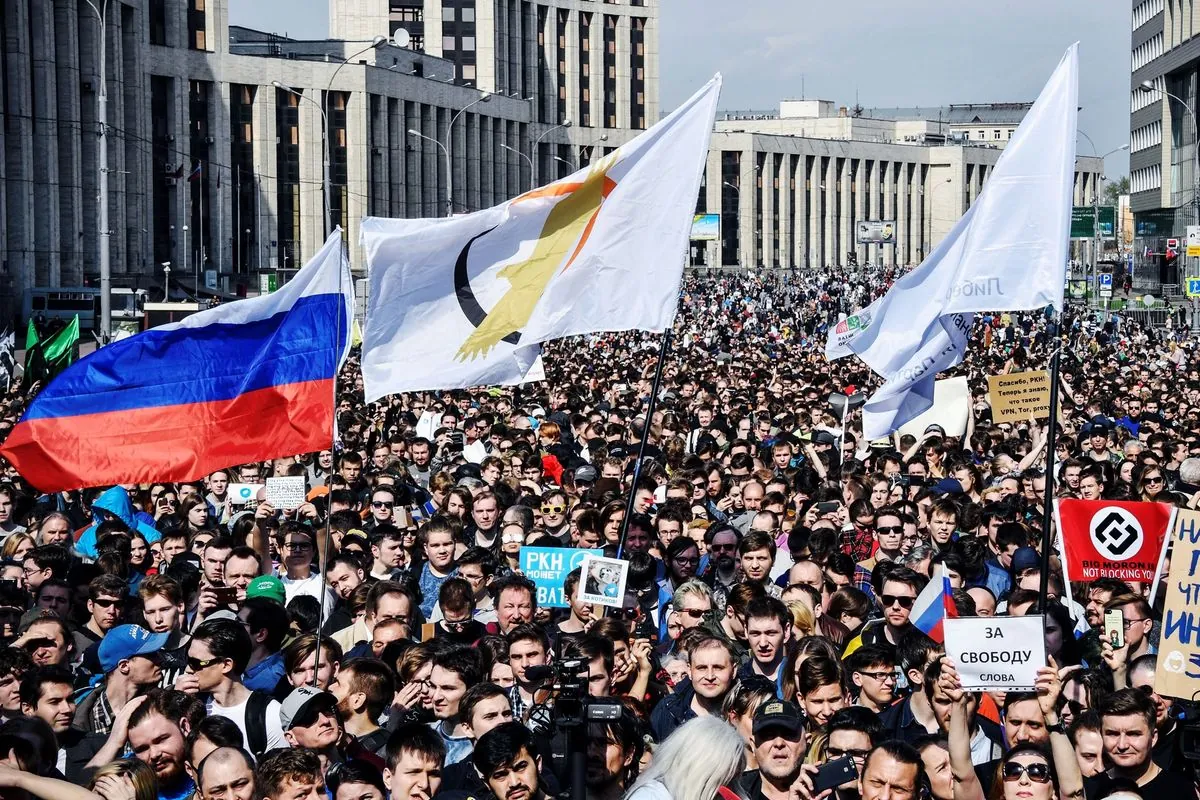
In the digital age, the battle for information control has taken a new turn with Russia's launch of Ruwiki, a state-sanctioned alternative to Wikipedia. This development highlights the growing phenomenon of "splinternet" - the fragmentation of the global internet into isolated, controlled spaces.
Vladimir Medeyko, former director of Wikimedia Russia, initiated Ruwiki earlier this year. Unlike Wikipedia's open editing model, Ruwiki subjects user contributions to review by undisclosed "experts," likely government-approved. This platform, containing up to 2 million articles in Russian and 12 regional languages, operates independently from the Wikimedia Foundation.
Ruwiki's content reflects a stark departure from internationally recognized facts. For instance:
- The Holodomor, which claimed millions of Ukrainian lives, is denied.
- Ukraine's internationally recognized borders are misrepresented.
- The 2022 Bucha massacre is described as an "unverifiable provocation."
- NATO is falsely accused of provoking Russia's invasion of Ukraine.
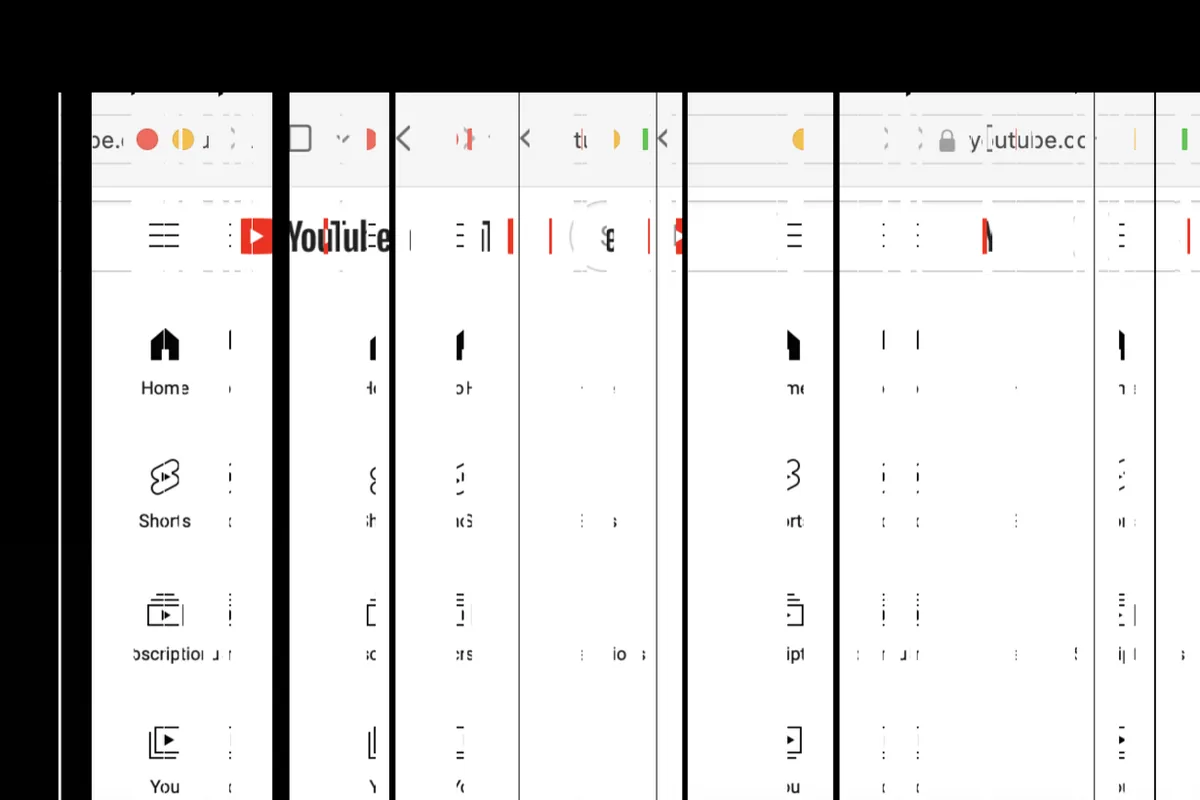
This digital ecosystem exemplifies the "splinternet" concept, where the internet fragments into disconnected spaces. While some splinters form organically due to cultural preferences, others result from government policies aimed at restricting free speech under the guise of digital sovereignty.
"Ruwiki ensures the preservation of our historical truth and protects our citizens from harmful foreign influences."
Russia's 2019 Sovereign Internet Law grants the Kremlin power to isolate the Russian internet, requiring service providers to cede control to the state. This law enables direct content censorship and prevents access to banned websites.
The implications of such digital fragmentation are profound. Studies show that isolated platforms can lead to a rapid deterioration of democratic discourse. Examples include:
- Truth Social, echoing radical right-wing narratives
- Ukraine's 2017 ban on Russian social media platforms
- Russian TikTok's 2022 block of non-Russian content
Vladimir Putin's government's control over Ruwiki allows for unchecked historical revisionism. This digital manipulation, combined with the destruction of Ukrainian cultural heritage and rewriting of school curricula, serves to justify Russia's expansionist goals.
The danger lies in the internet's role as a primary information source, especially for Russian youth. Isolated from global perspectives, they risk growing up in an alternate reality where, as the saying goes, "nothing is true, but everything is possible."
As the digital landscape evolves, the threat of splinternet extends beyond Russia. China's Great Firewall, Turkey's press law amendments, and Iran's National Information Network project all demonstrate the global trend towards digital authoritarianism.
The Wikimedia Foundation, facing legal challenges in various countries, continues to advocate for free and open access to information. However, the rise of state-controlled alternatives like Ruwiki poses a significant threat to this mission.
In conclusion, the emergence of Ruwiki and similar platforms represents a critical juncture in the battle for information integrity. As digital fragmentation increases, the global community must remain vigilant in defending the principles of open, factual, and diverse online discourse.



















